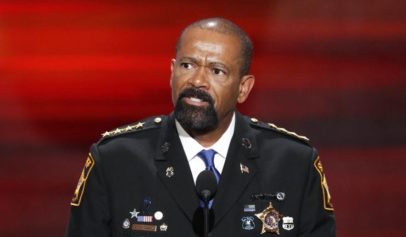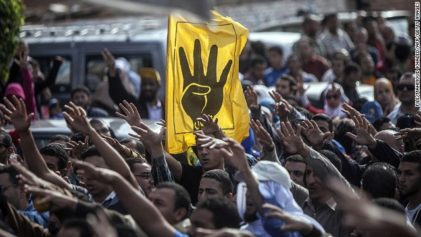The nation of Egypt will now enter a new era after the constitution was approved by a majority of Egyptian voters over the past two weekends. But the real question is whether the results will be accepted by the opponents of the constitution—or will the results lead to more violence and conflict.
It is a pivotal moment for a country of 82 million that has seen its share of turmoil over the past two years. When the Arab Spring led to the ouster of dictator Hosni Mubarak in February 2011, Egyptians would have been hard-pressed to guess that nearly two years later, their country would be roiled by unrest triggered by a new leader who has shown dictator impulses over the past two months.
After successfully negotiating a ceasefire between Israel and Hamas in the Gaza Strip, Egyptian President Mohammed Morsi instituted a controversial decree, giving himself powers that made him untouchable by the nation’s judiciary, in order to ensure that the Islamist-dominated constitutional assembly could finish its work drafting a new constitution without interference from the secular and liberal opposition. As a member of the Muslim Brotherhood and backed by the religiously conservative Salafist movement, Morsi is committed to injecting more of Islamic law into the everyday lives of Egyptians—an idea that horrifies many in the country, such as the Christians, liberals, secularists and many women, as they will likely see many of their rights and freedoms curtailed..
With a turnout estimated at well under 40 percent, Egyptians passed the new constitution by a margin of 64 percent—about 57 percent during the first Saturday of voting and 70 percent yesterday. While Morsi and his followers will interpret it as a vote of confidence from his country, many others see it as a desperate hope by many Egyptians that perhaps passing the constitution will bring some stability to the nation. But in the eyes of others, stability is not worth the price of living under the extremely strict rules of Sharia law.
The opponents of the constitution were not very hopeful about the country’s future under Morsi in comments made to the New York Times.
“If we accept the legitimacy of working within the system, they have to agree that the opposition is legitimate,” said Amr Moussa, a former foreign minister under Mubarak and a presidential candidate who has re-emerged as an opposition leader during the constitutional debate. “The ancien régime is finished. They are imagining things. They are imagining that if you say no to the constitution, as I have done, then you are part of a conspiracy to topple them.”
“A crack has emerged in Egypt; there’s a gap, there’s blood and deaths, there’s extremism,” said Ahmed Maher, a leader of the secular April 6 Youth Group that helped start the revolution and more recently a delegate in the constituent assembly that wrote a draft of the charter. “Something has happened between Egyptians that would make the results bad no matter what the outcome.”
The day before the second half of the Egyptian populace voted on the new constitution, violent clashes broke out in Alexandria between the Islamists and the more secular Egyptians, making it clear that the nation has little chance of finding peace even after the voting. Several dozen people were injured in the fighting, which was spurred by both sides protesting the other side’s position on the new constitution.
In a statement quoted by the news agency AFP, the Muslim Brotherhood said after the constitution passed, “The Egyptian people continue their march towards finalizing the construction of a democratic modern state, after turning the page on oppression.”
Morsi’s vice president, Mahmoud Mekki, resigned Saturday, another in a long line of leaders fleeing the government. Mekki’s move likely was influenced by the fact that the new constitution would eliminate his position. Mekki, a former judge, said that he had originally submitted his resignation in early November but the conflict postponed it.
“The nature of political work does not suit my nature as a judge,” he said.


